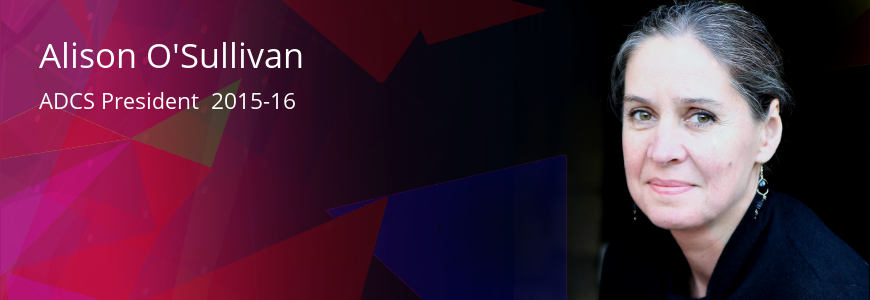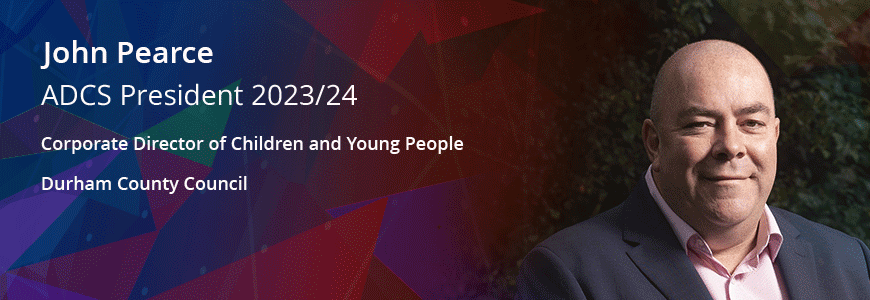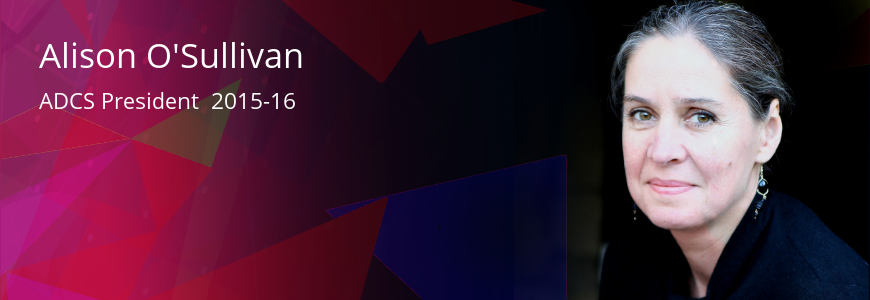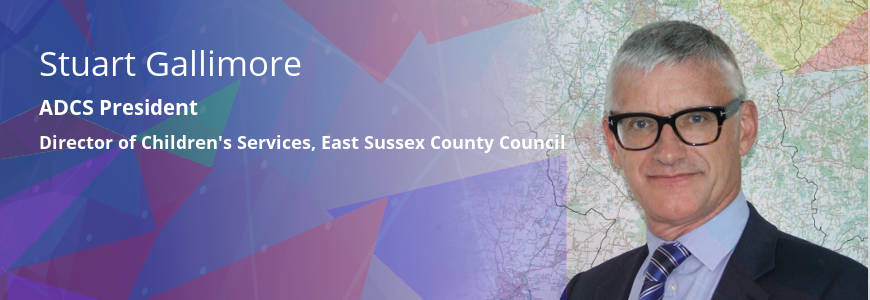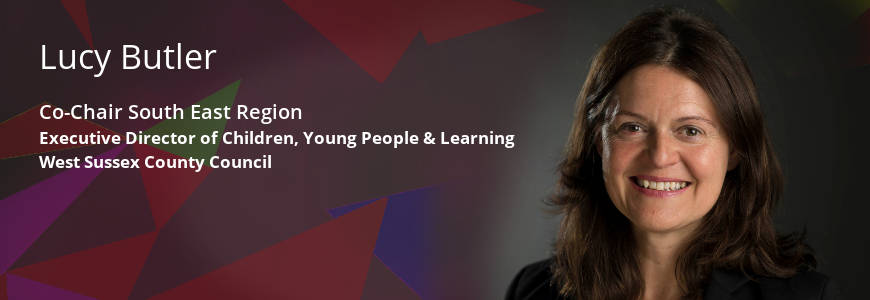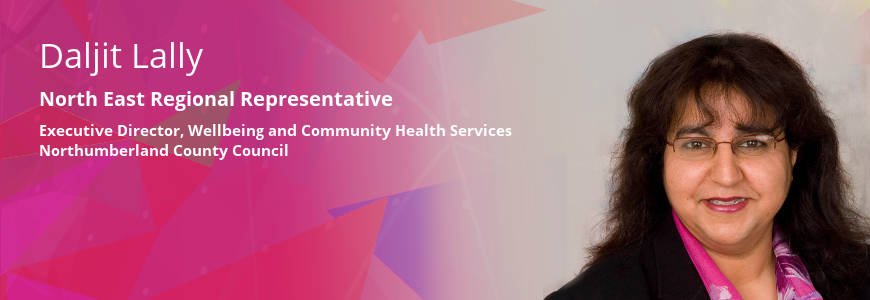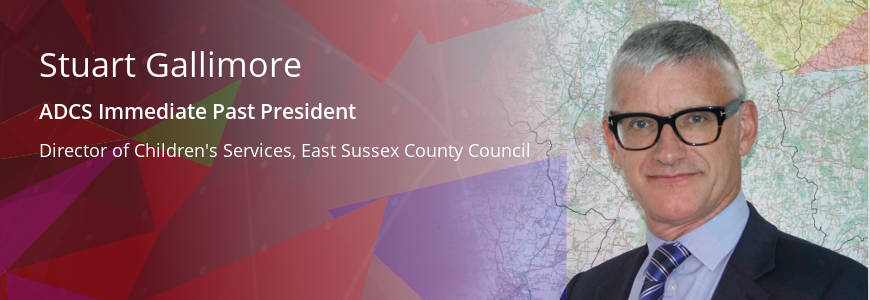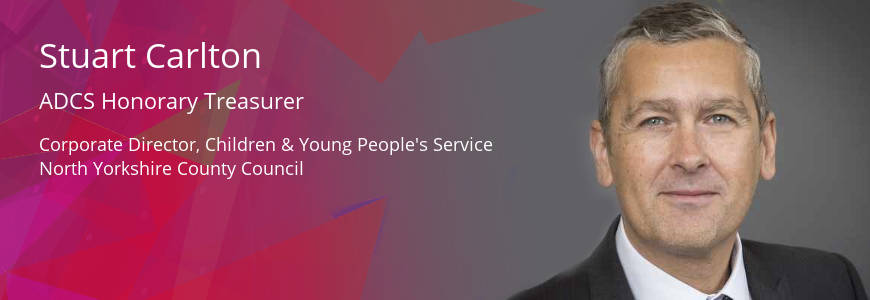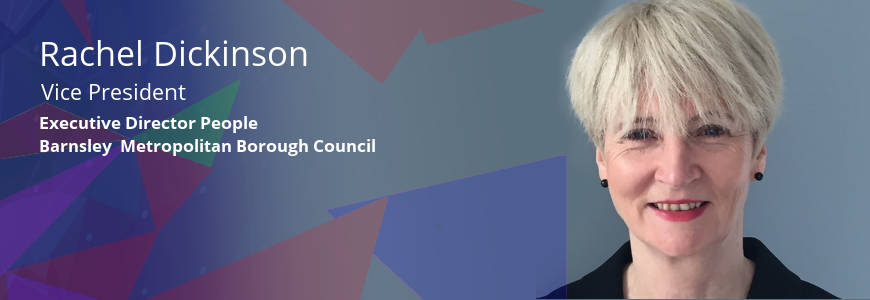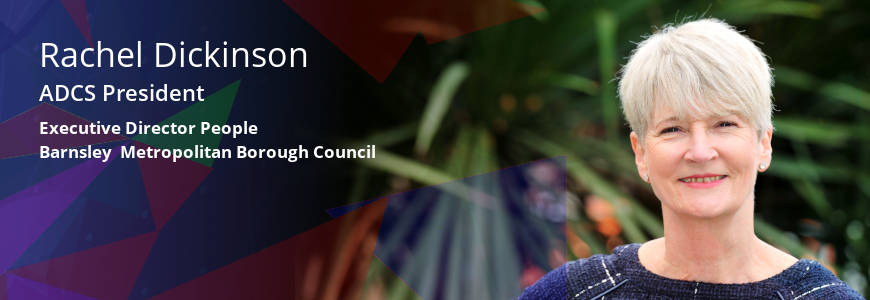An opportunity for improvement
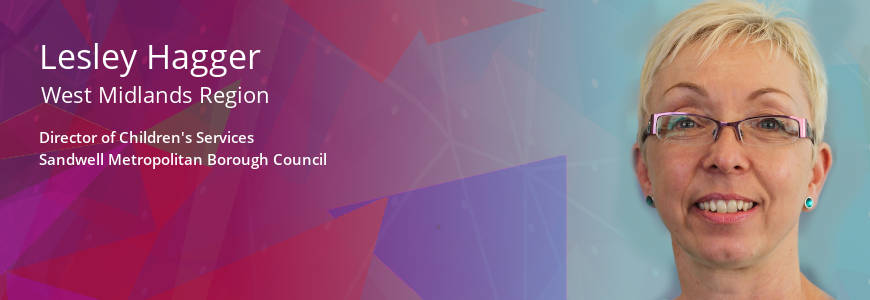
Crisis is an opportunity riding on a dangerous wind – Chinese Proverb
The past few months have been an incredible test of our resilience, energy, ability to adapt, problem-solving and innovation. You might think these words too positive or optimistic, but, for me, they describe the best aspects of our leadership. We have had to respond, in double-quick time, to the needs of children, young people and families, to our staff, to our partners, and to the myriad government departments and quangos that have wanted daily engagement, data, feedback, and time – and none of that includes the urgent daily business that we have continued to deliver in each of our local authorities. If I were the type of person that saluted, I would salute you all; instead I simply ask a question: how can we harness our experience to help our improvement journey?
Let’s start with our staff – our greatest asset. It’s only natural that they will have felt anxious about how to continue to do their jobs well, have possibly felt isolated when working from home, may have been distracted by the needs of others they care for and care about. All of this can take its toll on productivity – but I think we have all found that (bizarrely) our staff have worked brilliantly during this period. So, what is it that’s enabled this result, and how can we continue to harness it? Keeping in regular contact with staff so that they know they are valued, that we will all get through this strange time, together, has been an important leadership task. The use of technology to get everyone in the ‘room’ together has worked wonders – we need to keep doing that. We had over 1000 people in a conference one day; it sounds horrendous, but it was great, and the feedback was amazing – we are going to keep doing that. Talking about how we are feeling and making sure that the psychological safety of staff is paramount is now something that all organisations seem to be more aware of – so we are definitely going to keep doing that!
And what about our children and young people. I’m not sure what’s happening elsewhere, but again, technology has been so helpful. Children are really happy to engage virtually (personally I don’t think it should or could ever replace real life engagement, but it has its place), and so have families. Our schools have been magnificent in creating all sorts of interesting and engaging learning platforms to keep in contact with children. It’s certainly felt tough, but it’s also very exciting – so long as we harness what we have learned and build on it.
Continuous improvement and open innovation go hand in hand. While innovation welcomes new ideas from unlikely sources, continuous improvement ensures that these new ideas are continually discussed, analysed, and evaluated. In the West Midlands, we have used the past six months to re-evaluate our RIIA programme. We had already been thinking about how we get better at sharing what we do well across our services; there’s some very good practice across the region but we spend more time talking about our challenges and what isn’t working well, than we do about the things that are working well. Edward de Bono says: “we may have a perfectly adequate way of doing something, but that does not mean there cannot be a better way. So, we set out to find an alternative way. This is the basis of any improvement that is not fault correction or problem solving.”
This is not to forsake or dismiss the important conversations about ongoing improvement. In the West Midlands, we continue to ask three key questions in our RIIA work:
- What do we know about the quality and impact of services?
- How do we know it and where is the evidence?
- What are the plans for the next 12 months to maintain or improve practice?
We’ve seen that a number of the areas consistently identified for improvement continue to include the foundations of effective, outcome focused practice and have a positive impact upon the rest of the child’s journey across the children’s services system. It is therefore arguable that if these areas could be improved, the benefits to the rest of the system would be considerable.
How we have handled the crisis has been a defining moment for us all and a crucial part of that has been sharing our solutions to problems that have arisen every day, in changing conditions. Our West Midlands WhatsApp group has never been so busy! But improvement and innovation go hand in hand and learning from each other about the innovative solutions we’ve put in place over the past six months (albeit forced upon us) will be an important part of the future RIIA conversation.
Have no fear of perfection; you’ll never reach it – Marie Curie
Related Blog Articles
In the last week, I had a really interesting series of meetings with Dave Hill,...
In Education
I was interested to read Dave Hill’s blog last week about grammar schools. As...
In Education
I am pleased and proud to continue to chair the ADCS Health, Care & Additional...
In SEN & Disability
This week, students up and down the country have been returning to school, or...
In Education
I was delighted to see that the National Association of Virtual School Heads...
In Education
I'm ending the year by reflecting on the recent announcement by David Cameron...
In General
Firstly, can I start by wishing everyone a Merry Christmas and all the best for...
In General
Is it me, is it the South-East, but have all the workers disappeared? And when I...
In Workforce
To say that the North East has experienced churn at director level over the last...
In Workforce
Last week’s blog by Steve Crocker, Chair of the ADCS SPI policy committee, got...
In Inspection & Improvement
Every child deserves a happy, safe childhood and has a right to the best...
In General
One of the lasting impressions left by my leadership development training with...
In Leadership
We have a strong history of collaboration in Yorkshire and Humber and I’ve...
In General
Yesterday, I was extremely proud to deliver my inaugural speech as ADCS...

